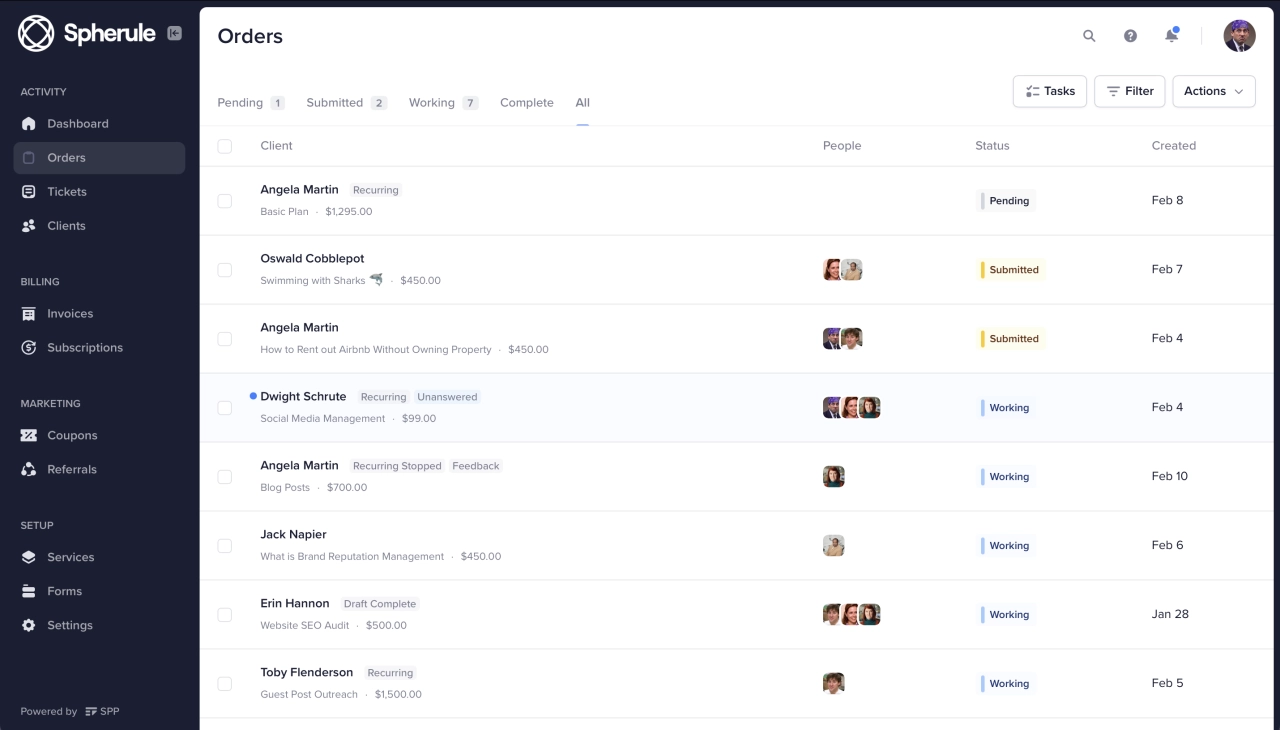Niching
The strategy of focusing your agency on a specific market segment, service type, or industry vertical rather than serving all clients with general offerings. Niching helps agencies differentiate from competitors, command higher prices, and attract better-fit clients who already understand their expertise.
Example
A web development agency that offers services to any business might niche down to focus exclusively on Shopify and WooCommerce maintenance. Instead of competing with thousands of generalist agencies, they become the go-to choice for ecommerce store owners who need ongoing platform support.
Related Terms
Related Article
The Niche Agency Playbook: From Zero to First Clients
You're in good company. We've helped agencies like yours sell $500M+ in services.


